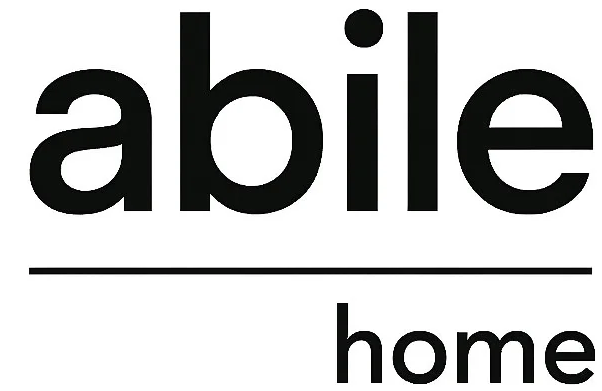
Blog
The Art of Effective Communication
The Art of Effective Communication
Communication is a fundamental aspect of human interaction. It plays a crucial role in our personal and professional lives, shaping our relationships and influencing our success. Effective communication is not just about speaking or writing; it involves active listening, understanding non-verbal cues, and adapting to different communication styles. In this blog post, we will explore the art of effective communication and provide tips on how to improve your communication skills.
Understanding the Importance of Effective Communication
Effective communication is essential in all aspects of life. In personal relationships, it helps build trust, resolve conflicts, and foster intimacy. In the workplace, it enhances teamwork, boosts productivity, and promotes a positive work environment. Effective communication is also crucial in public speaking, negotiations, and leadership roles.
One of the key benefits of effective communication is the ability to convey your thoughts and ideas clearly. It ensures that your message is understood and prevents misunderstandings or misinterpretations. Effective communication also involves active listening, which allows you to understand the needs and perspectives of others.
Tips for Improving Communication Skills
1. Be a good listener: Listening is an essential component of effective communication. Practice active listening by giving your full attention, maintaining eye contact, and avoiding distractions. Show empathy and ask clarifying questions to ensure you understand the speaker’s message.
2. Choose the right medium: Communication can take various forms, including face-to-face conversations, phone calls, emails, or video conferences. Choose the most appropriate medium for your message and consider the recipient’s preferences and context.
3. Be mindful of non-verbal cues: Non-verbal cues, such as facial expressions, body language, and tone of voice, play a significant role in communication. Pay attention to your own non-verbal cues and be aware of how others may perceive them.
4. Use clear and concise language: Avoid jargon, technical terms, or ambiguous language that may confuse your audience. Use simple and straightforward language to ensure your message is easily understood.
5. Be aware of cultural differences: Communication styles and norms can vary across cultures. Be mindful of cultural differences in communication and adapt your approach accordingly. Respect cultural norms and be open to learning from different perspectives.
6. Practice empathy: Empathy is the ability to understand and share the feelings of others. Cultivate empathy by putting yourself in the other person’s shoes and considering their perspective. This helps build trust and fosters effective communication.
7. Seek feedback: Feedback is crucial for improving your communication skills. Ask for feedback from trusted individuals, such as mentors or colleagues, and be open to constructive criticism. Use feedback to identify areas for improvement and work on enhancing your communication abilities.
Conclusion
Effective communication is a skill that can be developed and refined with practice. By being mindful of your communication style, actively listening, and adapting to different contexts, you can enhance your ability to convey your message clearly and build stronger connections with others. Remember, effective communication is not just about speaking; it is about understanding, connecting, and ultimately, fostering meaningful relationships.

